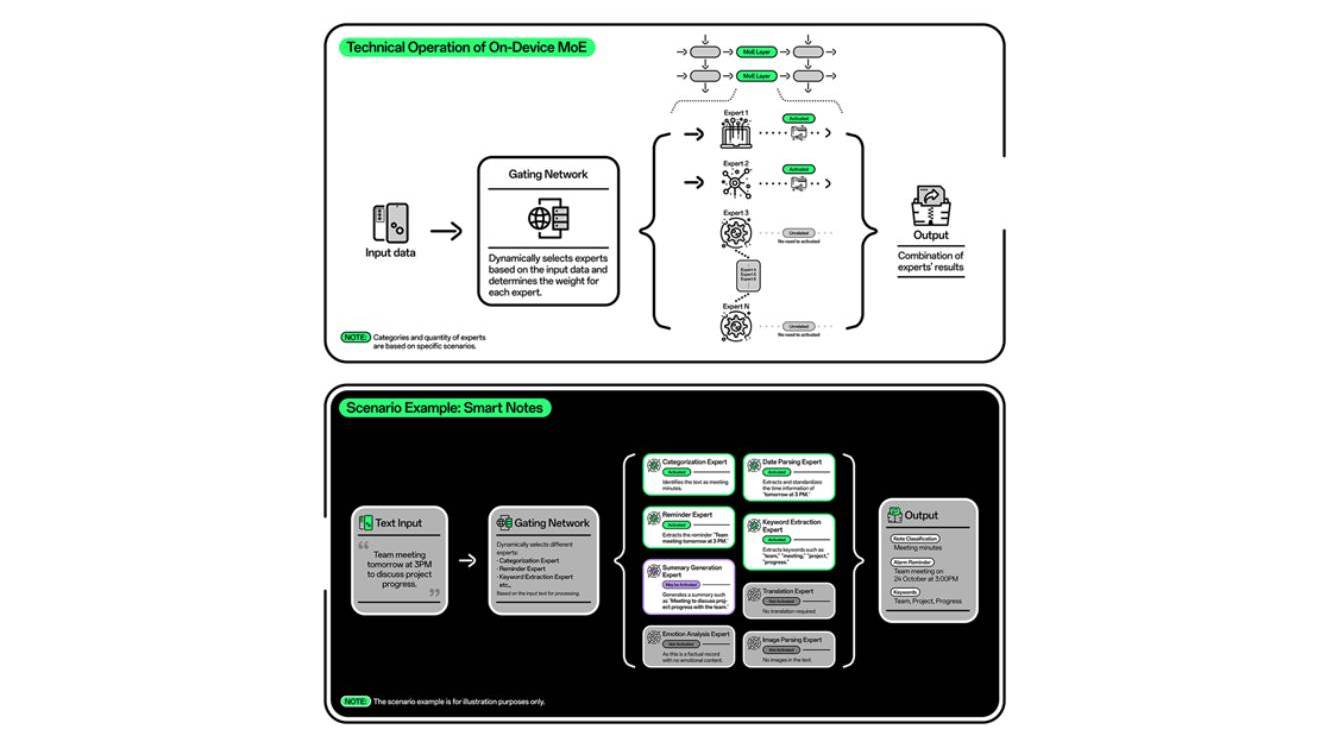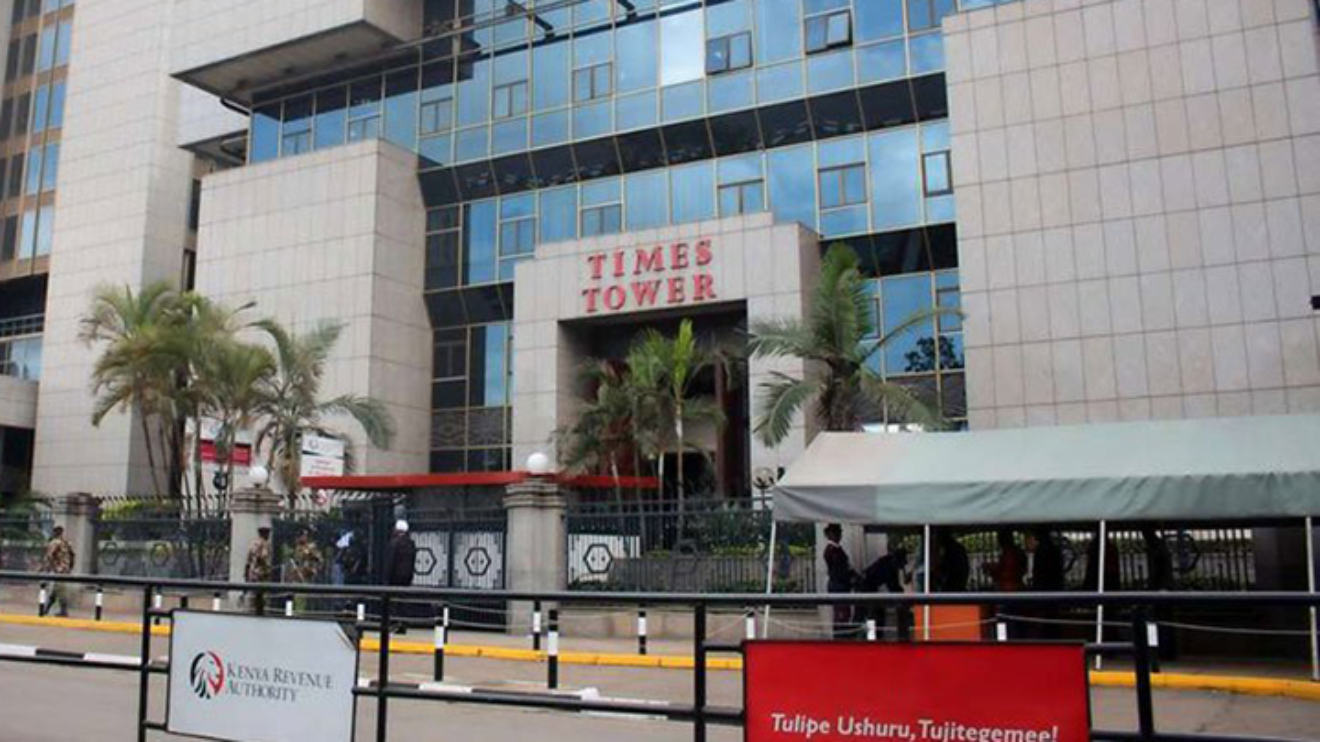Elon Musk’s satellite internet venture, Starlink, has temporarily paused new user sign-ups in Kenya’s capital, Nairobi, and nearby counties, due to an overwhelming surge in demand that has stretched the network’s capacity.
In a recent statement, Musk explained that the company is actively working to boost internet capacity in densely populated urban areas across Africa to address demand pressures.
“Starlink is working to increase Internet capacity in dense urban areas in Africa as fast as possible,” Musk confirmed in a post on X, formerly known as Twitter.
He assured existing subscribers that coverage outside city centres remains stable, adding, “Please note that there is still significant capacity outside of city centres.”
The move comes after an alert from Starlink notified users of a subscription freeze for the residential plan in Nairobi, citing network congestion.
Read More
According to Starlink, Nairobi’s growing demand for satellite internet has created an overload, hindering its ability to serve additional customers effectively.
“Nairobi and neighbouring areas are currently at network capacity. This means that too many users are trying to access the Starlink service within Nairobi, and there isn’t enough bandwidth to support additional residential or roaming customers now,” the company stated.
In addition to Nairobi, this suspension extends to other areas, including Thika, Kajiado, Kiambu, Naivasha, Ngong, Machakos, and parts of Narok, where local demand has similarly surpassed the service's current limits.
On Monday, a review of Starlink’s website confirmed that new subscriptions for both business and residential packages were unavailable for these regions.
The suspension, however, does not affect rural areas, where Starlink maintains ample coverage capacity.
Since its launch in Kenya in July of last year, Starlink has ballooned its subscriber base, becoming one of the country's top ten internet service providers (ISPs), with 8,063 registered users to date.
The decision to halt new registrations reflects the tremendous demand for high-speed internet access in Kenya’s urban regions, which the company strives to meet as it scales its infrastructure.

 (1)-1725105260.jpg)
-1730358680.jpg)


-1729608858.jpg)



